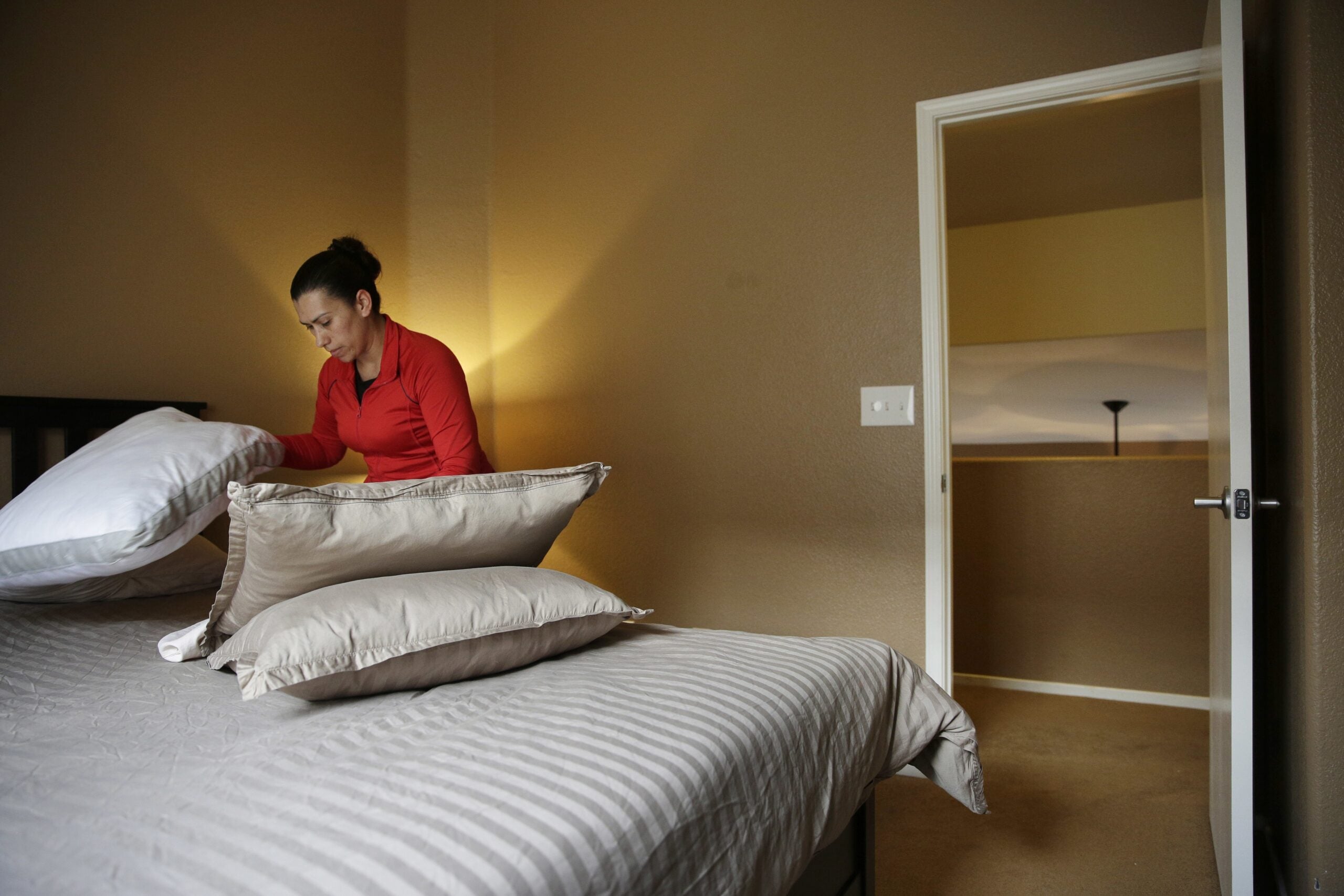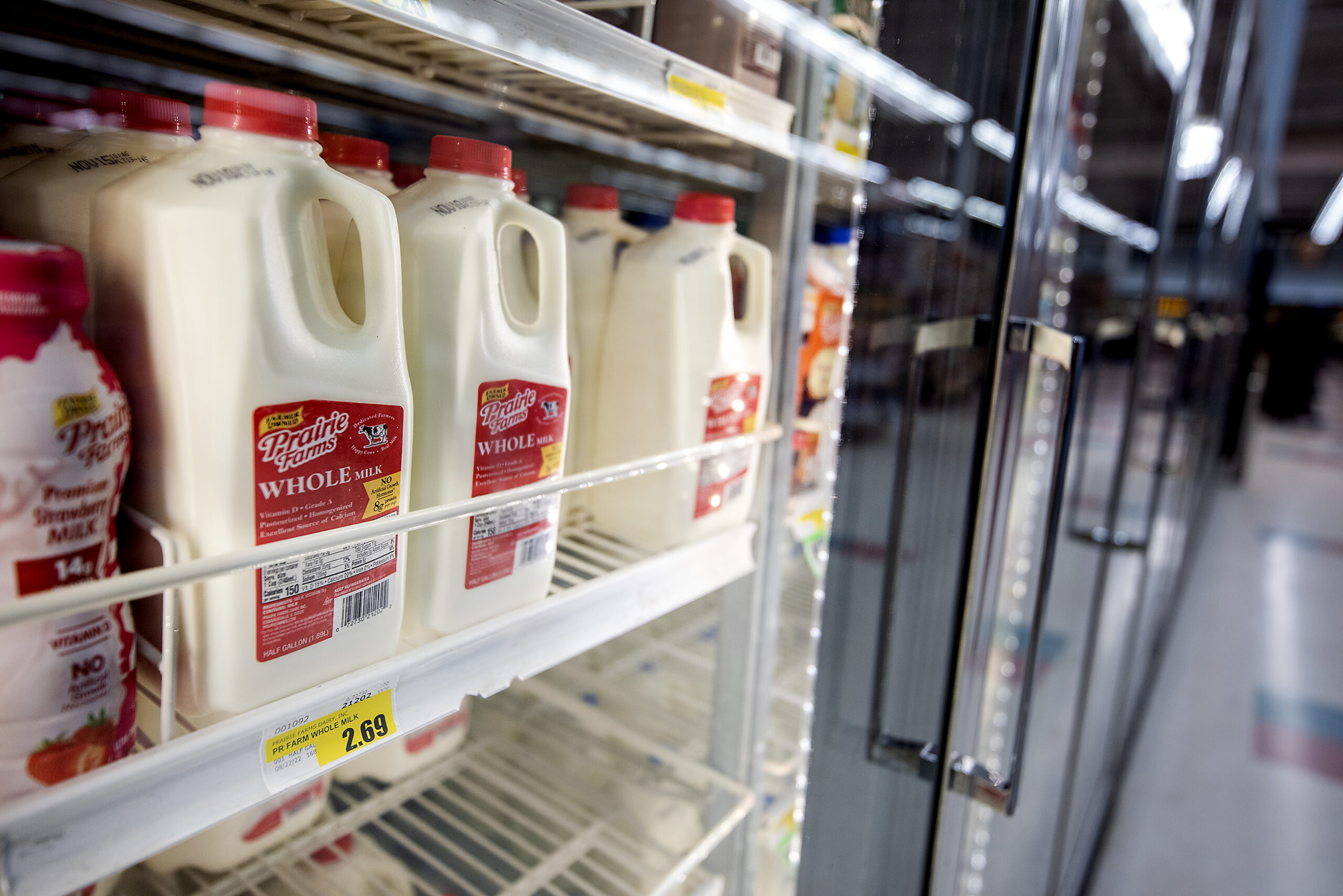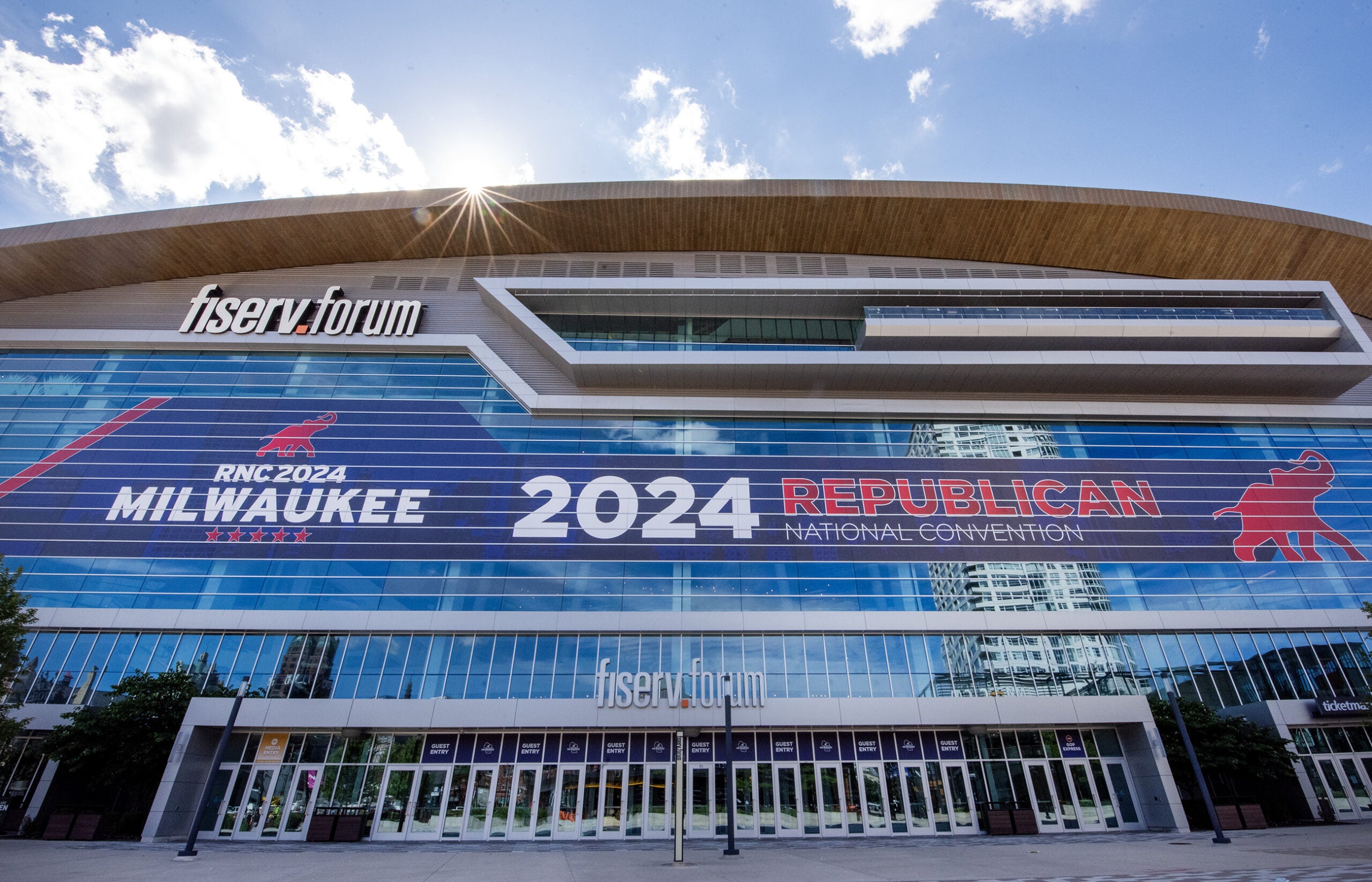Airbnb is out with figures showing the amount of sales tax and other taxes owed to the state of Wisconsin and cities it has collection agreements with.
A new state law requires Airbnb and other online short-term rental companies to register with the state Department of Revenue and collect state sales tax, along with local taxes and forward that money to municipalities. Hotels have long paid local room taxes and a trade group said this is a way to even the playing field.
“There’s approximately 300 of them (municipalities) that have room tax ordinances. So once they (Airbnb) become registered they would be able to help all the different communities and not just the two that they have agreement with right now,” said Trisha Pugal, president and CEO of the Wisconsin Hotel and Lodging Association.
Stay informed on the latest news
Sign up for WPR’s email newsletter.
Two communities concerned about losing room taxes on short-term rentals from companies like Airbnb struck a deal earlier this year to have the company collect the money. Madison approved a deal which took effect in May. Green Bay’s agreement started in August. Local taxes collected amounted to $157,000 for Madison and $19,000 for Green Bay.
“You know hotels sell out when there’s Packers games and when UW-Madison has big events. They just can’t handle the lodging capacity,” said Ben Breit, Midwest spokesman for Airbnb.
From rentals across Wisconsin, $546,000 in revenue was collected for the state over three months beginning in July. That comes from $12.3 million made by Wisconsin residents who rented out their property using Airbnb in July, August and September.
“The tax remittance numbers are way higher than any of us dreamed, which is very exciting,” Breit said. “The reason for such a large sum of new revenue that’s coming into the state is the amount of guest arrivals. Airbnb guest arrivals over July, August and September doubled from the same stretch the year prior. So I think what we’re finding is that home sharing is opening up the state of Wisconsin to new travelers.”
The company’s release said it’s “seeking to collaborate on similar tax agreements with any cities that administer their own room tax.”
But Pugel said there’s no need for municipalities to strike a deal with Airbnb because they can have local taxes collected by Airbnb under the new state law.
“There is no benefit to a municipality to do a separate agreement which may give away their rights to receive basic data information on the sales revenue that would ensure checks and balances that the company is paying the amount due in taxes,” Pugel said.
Wisconsin Public Radio, © Copyright 2025, Board of Regents of the University of Wisconsin System and Wisconsin Educational Communications Board.





